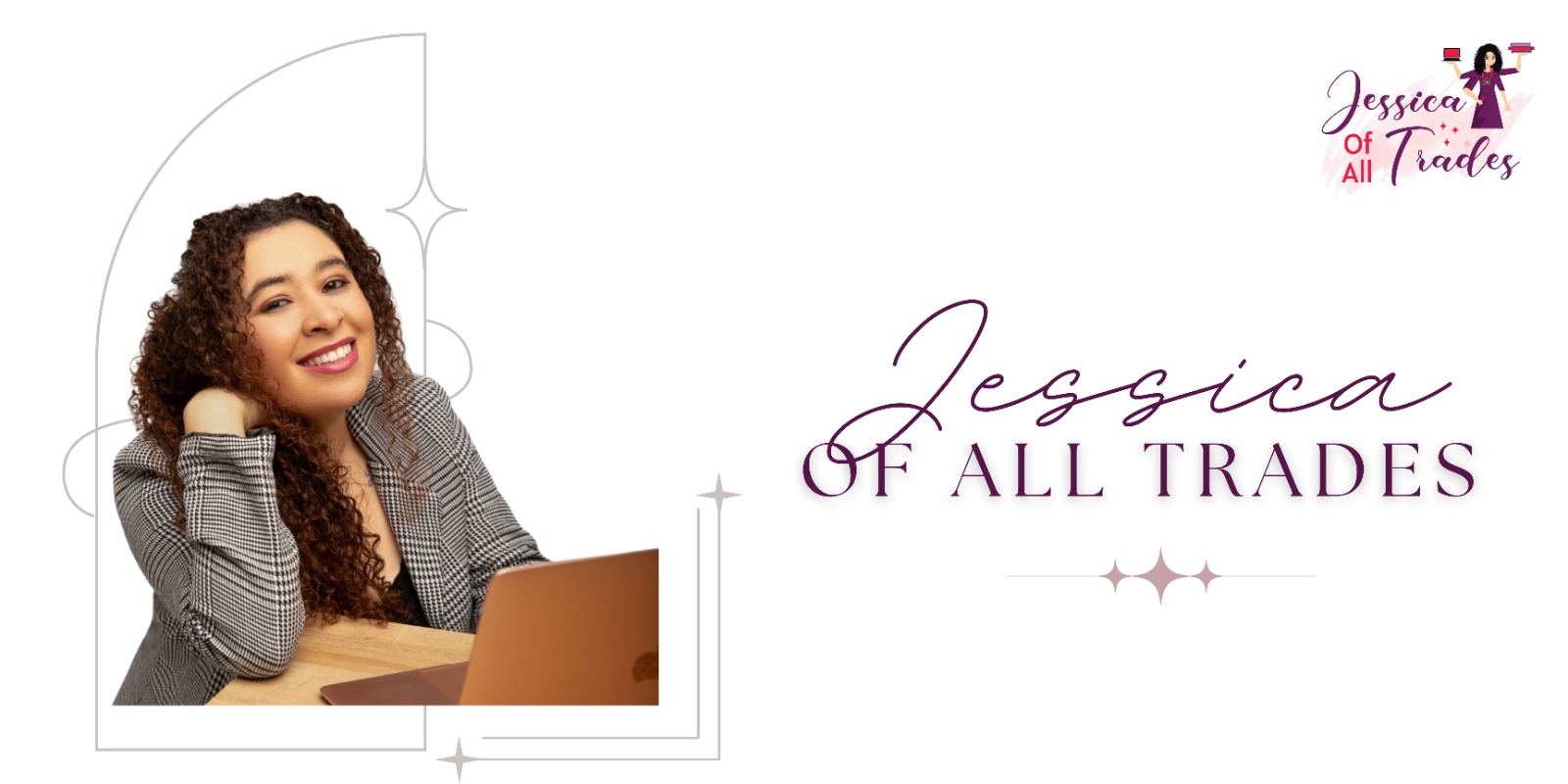Tag: Business
-

The Art of Artificial Intelligence
How far has AI come? Have you ever wondered what an AI-created recipe would look like? Or read an article about a machine learning algorithm that was able to write its own suspense novel? The world of artificial intelligence has been steadily unfolding over the past few years and there have been some truly fascinating…
-

The Freelance Mindset
It’s a Lifestyle Being a freelancer is a unique experience that has its own set of challenges, but there are also many benefits to being an independent worker. Being your own boss means you get to set your own hours and work on projects that interest you most, but it also comes with its own…
-

4 Essential Traits to Running A Business or Being Self Employed
Running a business or being self employed is not a simple task nor is it suitable for everyone, it requires a unique set of skills that one must continuously work on throughout their career. With that said, let’s explore the essential traits that one would need in order to pursue the life of self employment…
-

The Business Mindset Evaluation: If You Answer Yes to Most of These 6 Questions, You are Ready to Start a Business!
Recently in the United States, a record breaking 4.4 million new businesses registered in late 2021. With this, we can conclude that we will see more people taking the risk, leaving the rat race and starting a path all their own that may inspire others. This now begs the questions, how do you know that…
